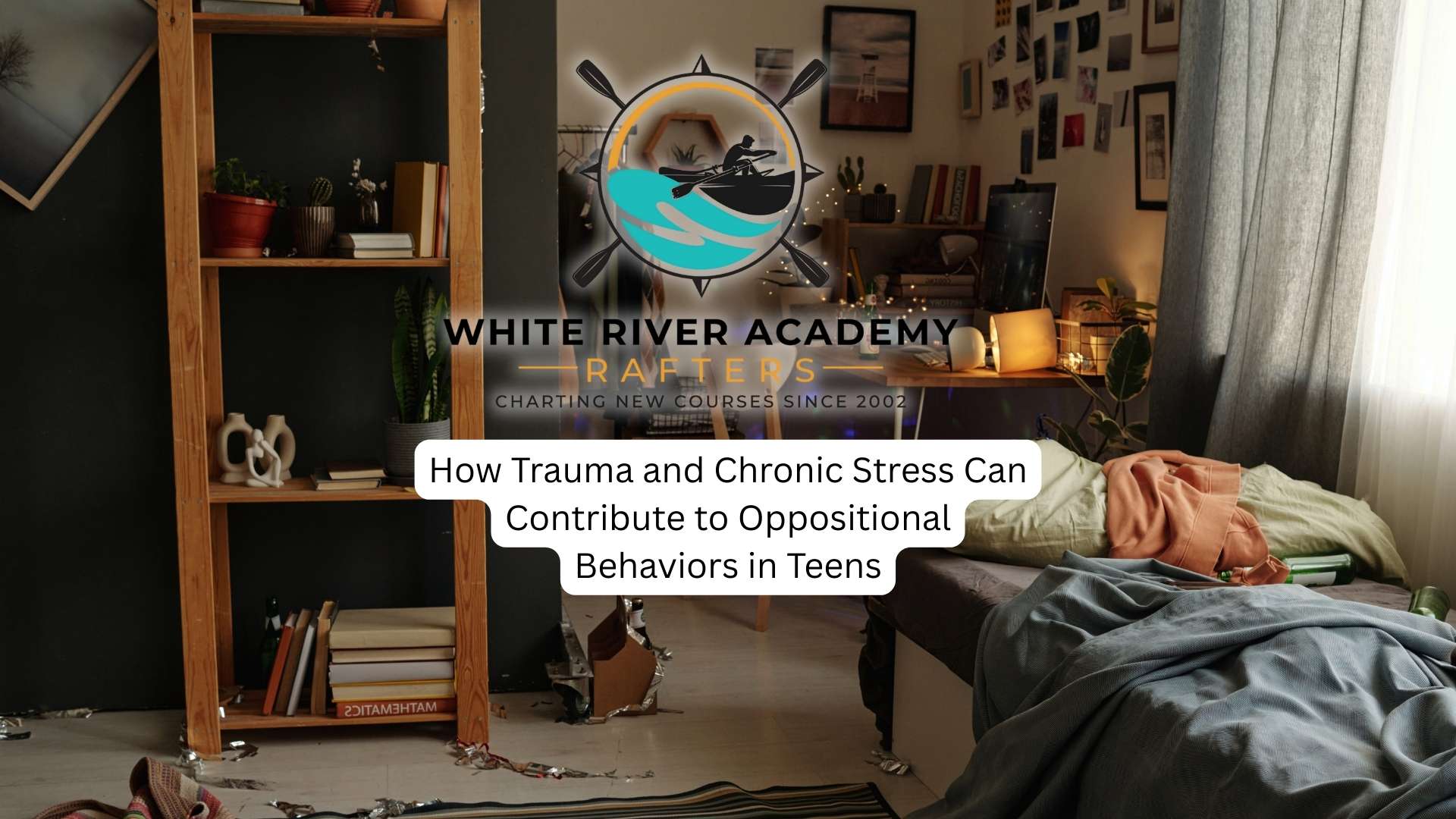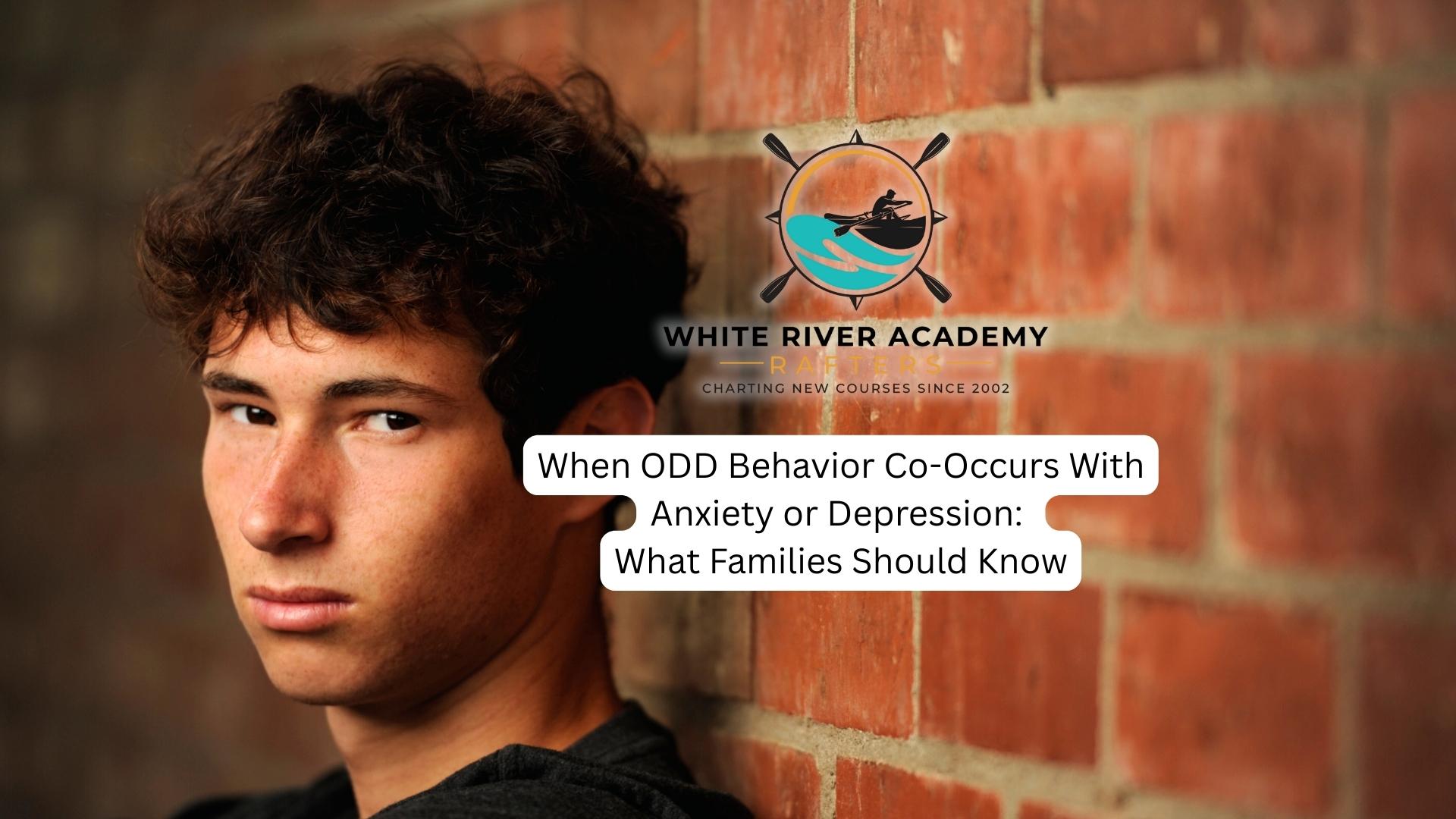If your child is grappling with mental health concerns, behavioral issues, or academic struggles, discovering the ideal therapeutic school can be a pivotal step towards their recovery and development. This crucial decision arises when conventional educational environments may no longer suffice, and your child needs specialized assistance to surmount their obstacles and flourish.
In this article, we’ll walk you through the vital elements to consider when choosing a therapeutic boarding school.
Evaluate Program Structure and Therapeutic Approaches
Confirm the presence of credentialed educators, therapists, and counselors who’ve expertise in fostering positive change. Inquire about evidence-based methods like DBT and CBT, along with individual counseling, group therapy, and family therapy.
Ensure they provide personalized treatment by conducting comprehensive intake assessments to tailor programs based on each student’s unique needs.
Investigate the school’s history of success and availability of mentorship programs, as these can significantly enhance the therapeutic experience and support long-term growth.
Look for troubled teen programs that emphasize a comprehensive and adaptable structure, ensuring they can meet evolving student needs while aligning therapy with individual challenges.
Assess Staff Qualifications and Experience
Verify that therapists, counselors, and medical staff hold relevant licenses and certifications, ensuring they meet state and national standards for mental health care.
Investigate the experience levels of staff members, focusing on their backgrounds in therapeutic practices and their ability to handle emotional and behavioral challenges.
Inquire about the staff-to-student ratio, as a lower ratio typically indicates more personalized attention and support. Confirm that the school employs certified educators trained to address students’ unique academic and emotional needs.
On top of that, explore ongoing professional development opportunities for staff, which can enhance their skills and keep them updated on the latest therapeutic practices and safety measures.

Prioritize Safety, Supervision, and Nurturing Environment
A secure campus with robust safety protocols ensures your son’s physical well-being, allowing him to focus on his emotional and behavioral growth without external threats.
Comprehensive supervision, provided by trained and compassionate staff, is crucial for maintaining structure and preventing potential incidents while offering immediate support when needed.
Equally important is a nurturing environment that fosters emotional growth and healing. This environment should balance firm boundaries with empathy, creating a space where your son feels safe to express himself, confront his challenges, and develop positive relationships.
Look for schools that emphasize a home-like atmosphere, with comfortable living spaces and communal areas that encourage healthy social interactions.
Assess Your Child’s Needs
Start by assessing the particular difficulties your son faces, which could involve behavioral problems, emotional challenges, mental health issues, or academic struggles. Think about any conditions that have been diagnosed, like depression, anxiety, ADHD, or drug abuse issues.
Consider your child’s ability to interact socially and develop relationships. Pay attention to any long-standing behavioral patterns that haven’t improved with standard interventions. Talk to mental health experts, educators, and other professionals who have interacted with your son to develop a thorough understanding of his requirements.
Think about your child’s learning style and any unique educational needs. Also, evaluate your family dynamics and how they might affect your son’s development.
Consider Academic Support and Aftercare Options
Look for programs that offer a solid educational curriculum, ensuring credits earned are transferable back to their home school. Accreditation by the Board of Education guarantees the school meets established standards and provides a rigorous learning environment.
Don’t overlook the importance of aftercare planning in therapeutic programs. It’s an integral component, offering resources and support to help students successfully reintegrate into their home environments after treatment.
Alumni support networks or follow-up services can significantly enhance long-term outcomes, helping your child maintain the progress achieved during their time in the program.
Visit Potential Schools for Firsthand Insights
Visiting potential schools allows you to assess the physical environment, ensuring it feels safe and supportive.
Observe staff interactions with students to gauge the level of care and how they handle behavioral issues. Engage with current students to gain insights into the school culture and peer dynamics.
During your visit, inquire about the program’s structure and daily routines to understand how academic and therapeutic components are integrated.
Take note of the facilities, including classrooms, dormitories, and recreational areas, to determine if they meet your child’s needs for learning and personal growth.
Final Thoughts from White River Academy
If you’re looking for a structured and supportive environment designed specifically for adolescent boys facing various challenges, White River Academy in Utah might be a viable option to consider.
The program emphasizes a positive peer culture and utilizes evidence-based therapies such as Cognitive Behavioral Therapy (CBT) and Dialectical Behavior Therapy (DBT). White River Academy is dedicated to fostering long-term growth and offers a comprehensive approach aimed at helping troubled teens develop essential life skills, enabling them to emerge as self-assured and responsible young adults..




